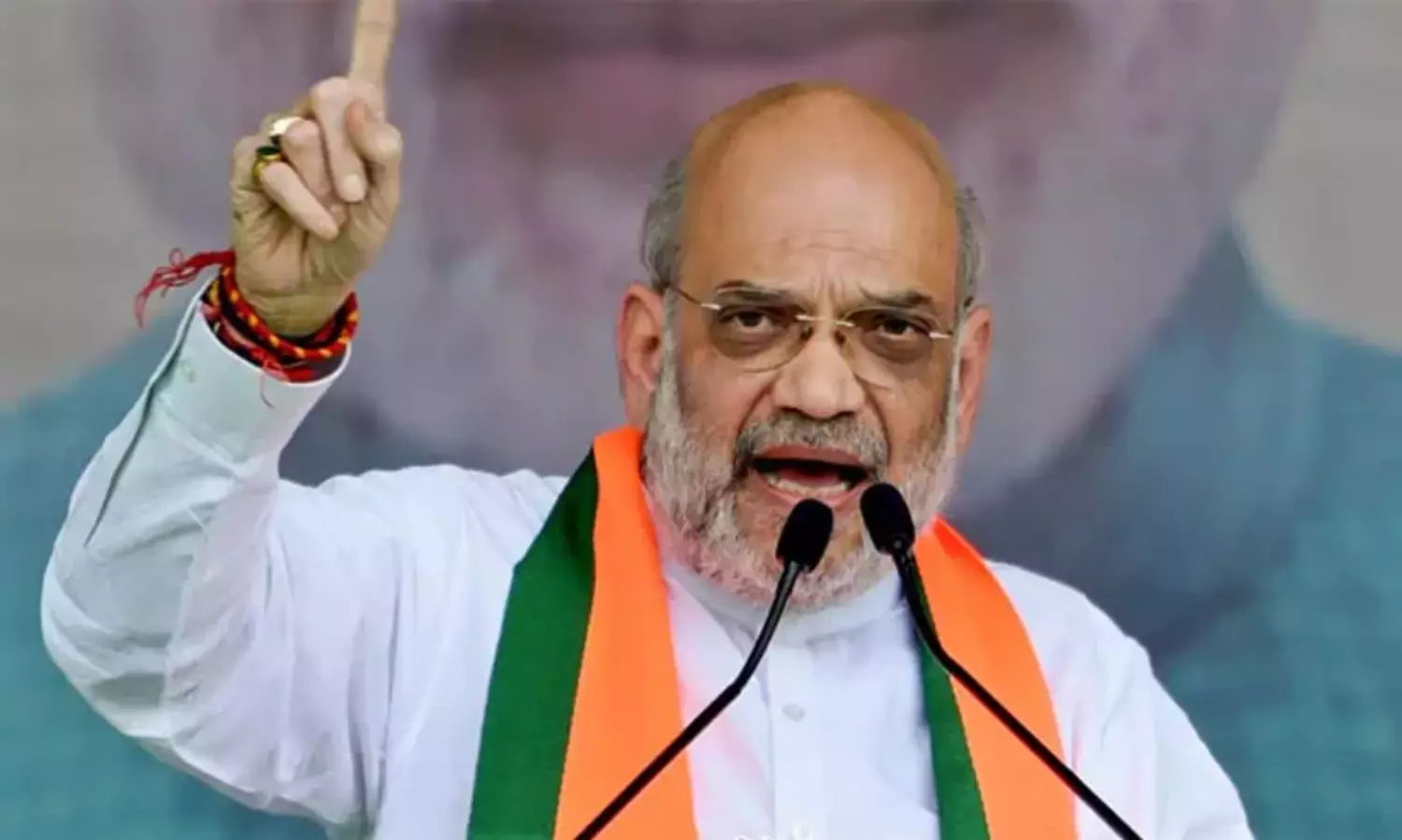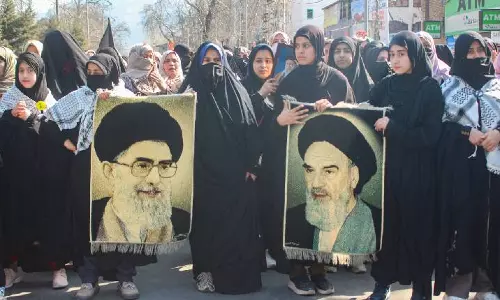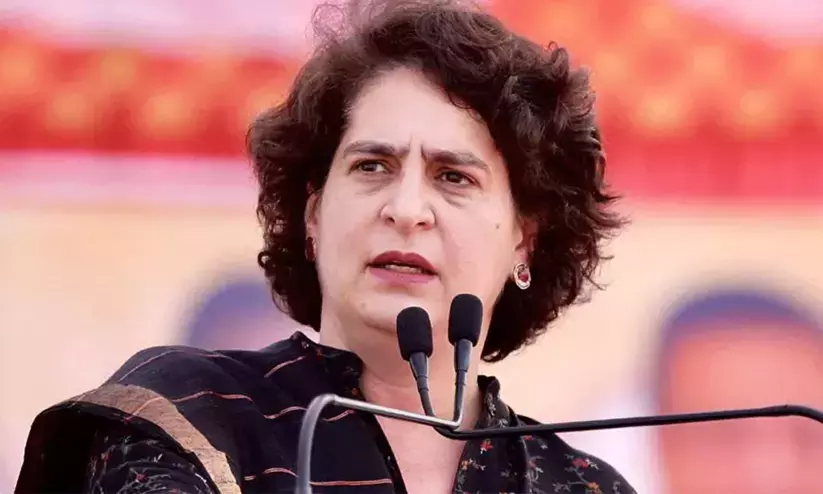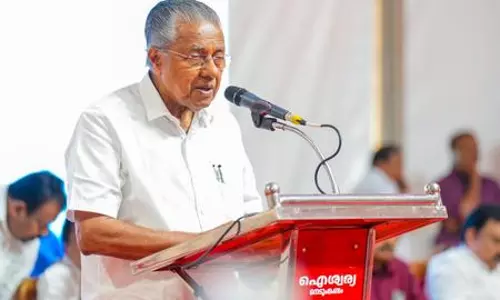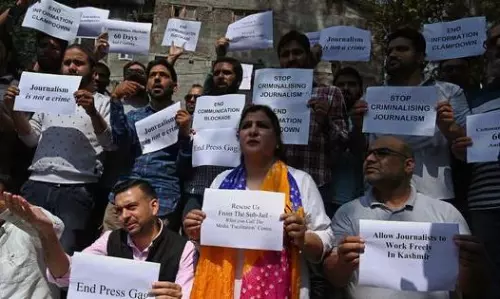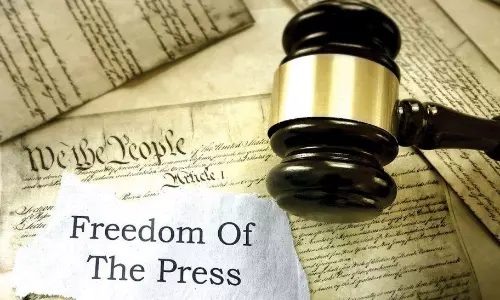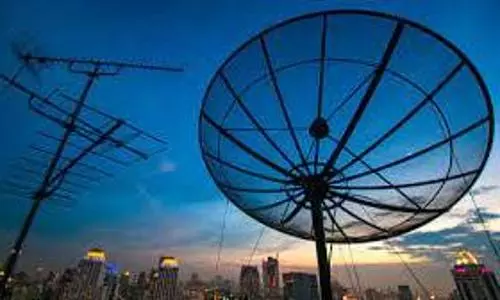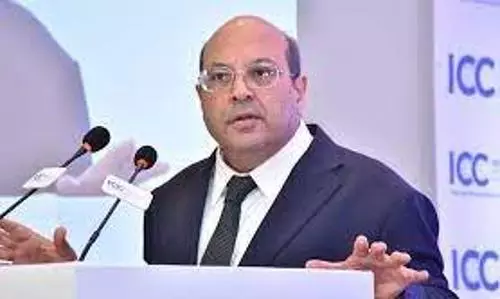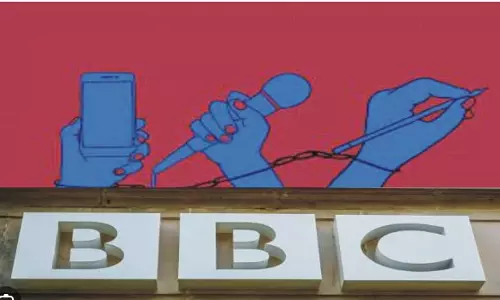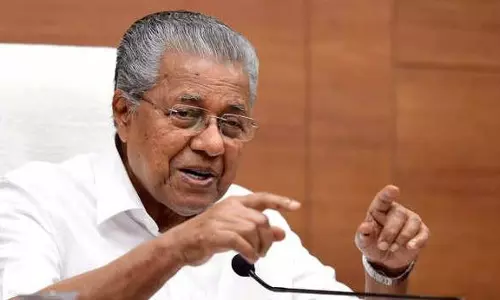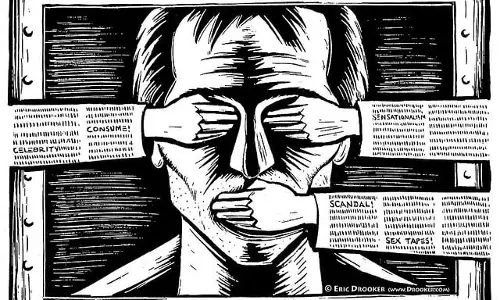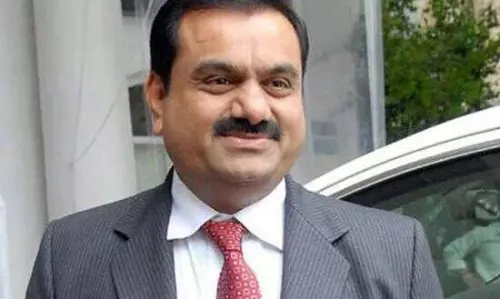
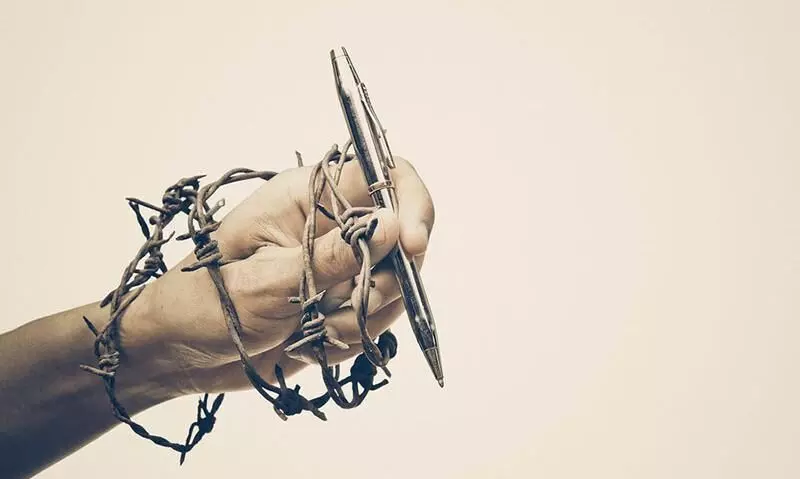
Regulating and defunding digital media a move towards restricting dissent: MK Venu
text_fields"While we talk about Aatmanirbharta or self-reliance in media, we are choking Internet-based media in India. Internet transcends geography. Today, you may regulate us and we may not be able to grow bigger. You constrain us financially or otherwise from practising bold journalism or aggregating news but somebody sitting in China or Europe can build a platform and do the same. Today in the digital age everybody has information. The government itself puts all the information on its website in real-time. Somebody sitting there can do commentary/ analysis critical of the government and any reader in the world, even Indian readers can access it. What is the meaning or objective of regulating digital media?" asks MK Venu, Founding Editor of The Wire. Venu was talking to Madhyamam with his responses on the new move by the central government.
In a notification released on the 9th of November signed by President Ram Nath Kovind, it has been announced that OTT platforms and online news portals will be brought under the Ministry of Information & Broadcasting. Previously, they were under the Ministry of Electronics & Information Technology (MEITY). The move, however, is no surprise.
In April 2018, the I&B Ministry issued a directive stating that the accreditation of journalists found propagating fake news would be suspended. This directive was withdrawn following backlash from the journalism fraternity as a move to muzzle press freedom. Mid-April, a committee was formed by the ministry under Smriti Irani to look into online content regulation. The committee was composed of secretaries of the ministries of I and B, Law, Telecom, and the Department of Industrial Policy & Promotion, along with representatives of the Press Council of India, News Broadcasters Association and Indian Broadcasters Federation. "It had no representative from the media," laughs Venu. In May 2018, there was a cabinet reshuffle and the committee was subsequently disbanded.
In August 2019, the government announced 'positive reform' and capping foreign direct investment (FDI) in digital media at 26%. Before this, only print and television had FDI caps; the permitted FDI for online media was 100%. "Many digital media companies have a foreign investment of 60-100% today. As per what the government was trying to portray as reform, these people will have to reduce their current foreign investment forcing them to sell to some Indian investors so the foreign investment limit can be brought down to 26%. Domestic capital is both scarce and scared. People are not ready to invest in the media because it gives little returns. This is a move to financially choke them," says Venu.
In February 2020, Online Curated Content Providers (OCCP) namely Hotstar, Voot, Jio, and Sony Liv launched a Digital Curated Content Complaint Council (DCCCC) for consumer complaint and redressal to evade government regulation. Secretary of the Ministry of Information & Broadcasting, AmitKhare, hinted at bringing digital media under I&B in an online session at FICCI e-frames in July 2020.
In September 2020, the I&B ministry refused the self-regulation code prepared and signed by 15 platforms including Zee5, Viacom 18, Disney+Hotstar, Amazon Prime Video, Netflix, MX Player, Jio Cinema, Eros Now, Alt Balaji, Arre, Hoi Choi, Hungama, Shemaroo, Discovery Plus and Flickstree quoting a lack of "independent third-party monitoring". The government also recommended that the regulations be charted on lines of existing broadcast laws. "These regulations were conceived before internet media came into being. Come up with a policy which upgrades your earlier policy on news and television and update it in the context of internet media. I am yet to see a solid document on this. I have only seen remarks by government officials or their submissions in SC. There is a lot of confusion as to what they want to regulate," adds Venu.
In October 2020, the government offered clarifications on its August 2019 announcement to expand the cap on FDI investment to news aggregators and agencies. As per the clarification, the board of directors for online news platforms should have predominantly Indian citizens including the CEO. Foreigners deployed for over 60 days should also have security clearance.
Further, in an affidavit filed in response to a query by the Supreme Court on how to control hate speech in broadcast media when hearing a PIL on Sudarshan TV, the government responded on the need to regulate digital media and aggregators. "When you talk about aggregators, you are talking about Facebook, Whatsapp, Twitter, and Google. That is a separate debate about how hate content goes viral on Facebook. The government cleverly confused that debate with regulating small digital media in India. How can you equate stand-alone digital media portals with global players like Facebook when it comes to regulation? We don't make things go viral, the aggregators do. What has digital media got to do with virality?" he argues.
However, there has been no clarifications from the government regarding the controls that might be imposed. "We are wondering what sort of regulations we shall be brought under. One assumption is they will bring us under foreign investment control like newspapers and TV channels. That will be a constraint for those whose foreign investment is over the limit or they are going to impose registration and licensing. We are still waiting for the fine print," notes Venu.
"I think the way this government's mindset is, they just want to throw the baby with the bathwater. Instead of nurturing small digital media ecosystem, they are trying to put them in a cage by bringing restrictions," he adds.




